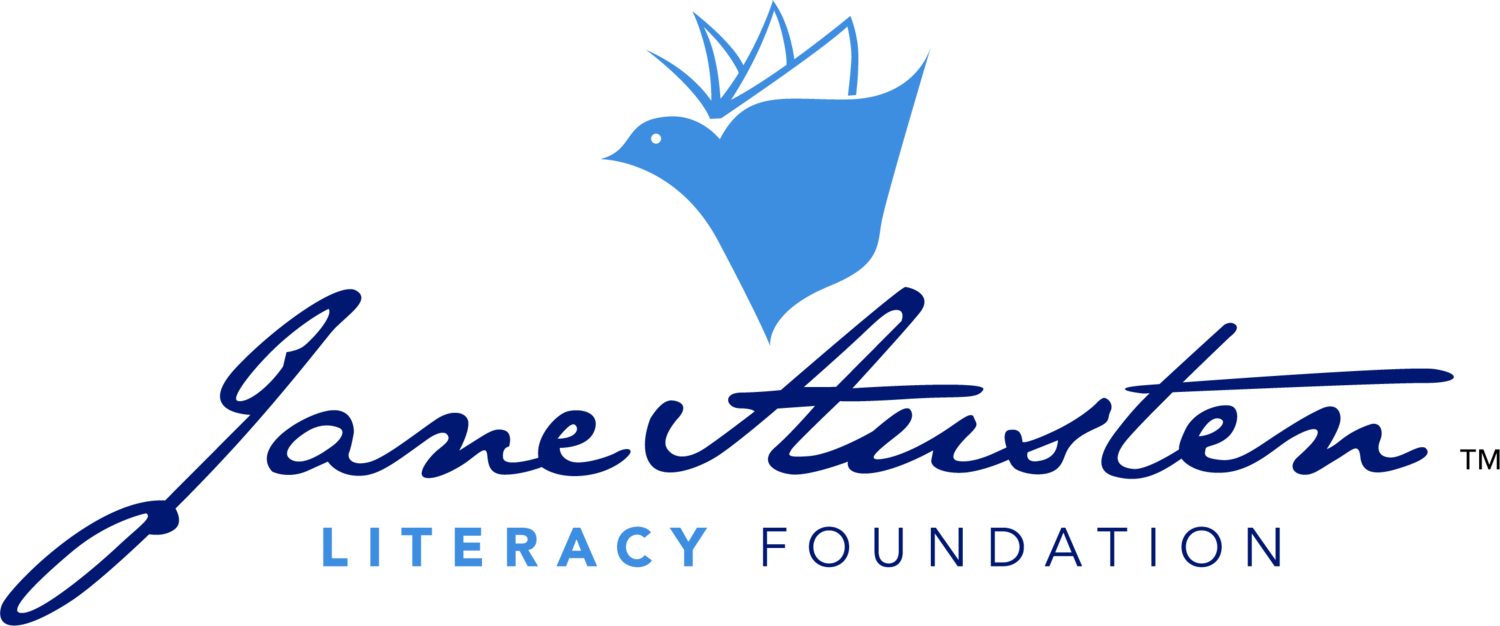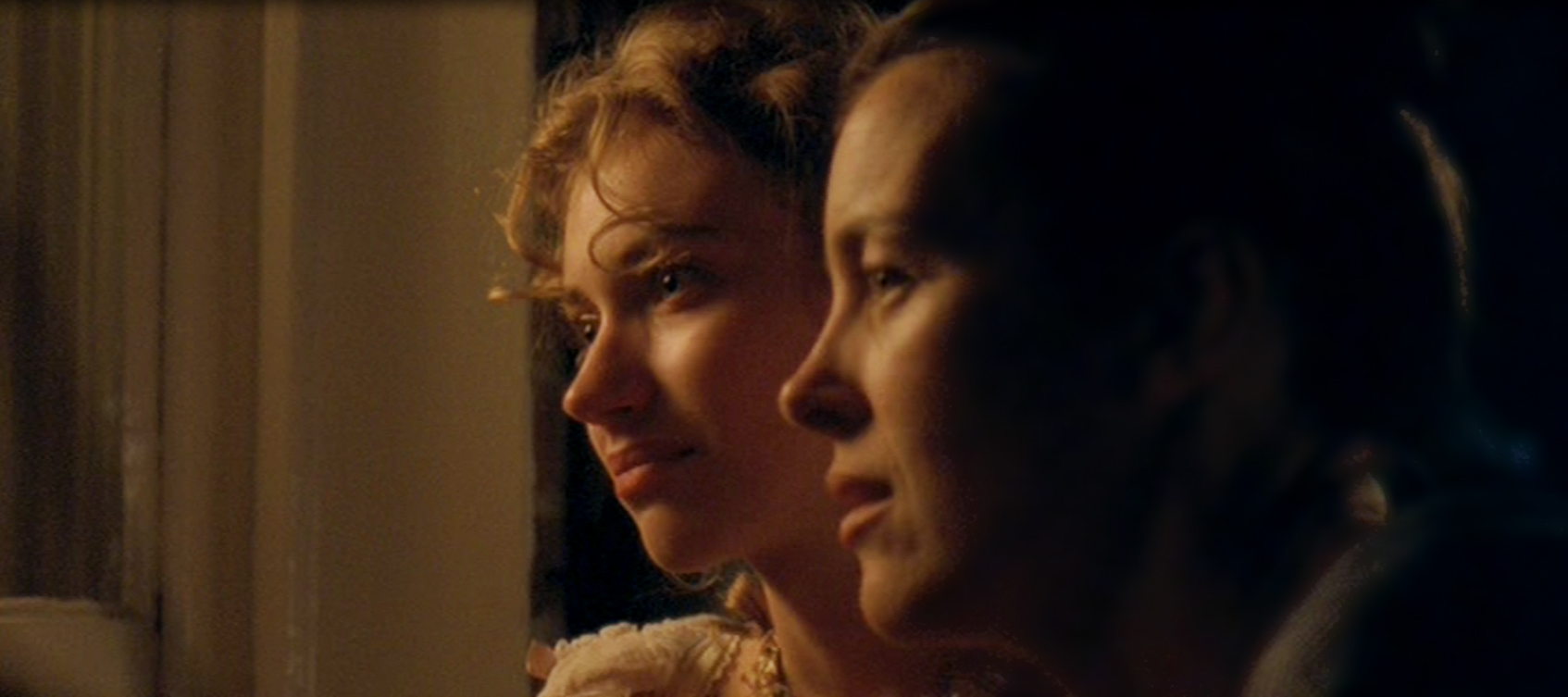JANE AUSTEN HAD MANY NIECES AND NEPHEWS AND TODAY, SOME ARE MORE WELL KNOWN THAN OTHERS. ONE OF JANE'S FAVOURITES WAS FANNY KNIGHT.
If you have ever read a biography of Jane Austen, or looked closely at her letters and juvenilia, you are likely to have come across the figure of Jane Austen’s niece, Frances ‘Fanny’ Catherine Knight. She was born on the 23rd of January, 1793, when Jane was only seventeen, and was the eldest child of Jane’s brother Edward, who had been adopted out to the wealthy Knight family about a decade earlier.
As a consequence, Fanny enjoyed an upbringing far more economically privileged than that of her family in a previous generation. Her parents would have employed twenty or so servants, and Edward took his children on trips to London to visit the theatre and even to Paris to see the Elephant of the Bastille. Her parents’ wealth ensured that Fanny and her siblings received medical care that may have been unavailable to poorer children. They were among the first families in Kent to be vaccinated against cowpox and Edward took his children to the dentist when in London.
From what we know of Edward and his wife, Elizabeth, they were beloved parents to Fanny and her siblings as well as being fine providers. The family held masquerades for Twelfth Night celebrations and Edward made a point of seeing all his children for half an hour between breakfast and lessons every day. When Fanny was fifteen, her mother died as a result of complications in childbirth after giving birth to Fanny’s tenth and youngest sibling, Brook John. In her devastation, Fanny stepped into the role of mother-figure, giving her ample practice for mothering her own children later in life.
In 1812, her adoptive grandmother, Catherine Knight, died. This allowed her father his full inheritance. Due to a stipulation in the will, Edward and his family changed their name from Austen to Knight. Fanny was not pleased, venting to her diary - ‘we are therefore all Knights instead of dear old Austens’. How I hate it!!!!!!’
Throughout her life, from childhood through to adulthood, she kept up a close correspondence with the aunt who held her in special regard. Jane had dedicated several scraps of juvenilia to an infant Fanny, and remained very fond of her as she grew up.
"I found her... just what you describe, almost another Sister, -- & could not have supposed that a neice would ever have been so much to me" (Oct 7-9, 1808 - letter from Jane to Cassandra Austen)
Cassandra Austen's watercolour portrait of Fanny Knight
Fanny also saw Jane as a close friend, seeking her advice on love and marriage when Fanny was considering her marital prospects. Despite Jane’s singlehood, Fanny obviously recognised her aunt’s wisdom and intellect. John Pemberton Plumptre was one such suitor whose merits were debated between the two women. After warmly writing of his good qualities, Jane warned her niece - ‘Anything is to be preferred or endured rather than marrying without Affection’ (Nov 18-20, 1814 - letter from Jane to Fanny). Not only does this statement reveal a strikingly personal opinion of Jane’s that may help explain the reasoning behind her own thwarted engagement to Harris Bigg-Wither, but it probably helped convince Fanny too. She did not marry Plumptre, and it wasn’t until after Jane’s death that Fanny eventually married Sir Edward Knatchbull on the 24th of October, 1820 . When she married him, she became a stepmother to his six children from his previous marriage. Well practiced in child-rearing already, she then went onto have nine children of her own. Counting her younger siblings, her biological children, and her step-children, Fanny brought up a total of twenty-five youngsters in her life. Her son Edward, later Lord Brabourne, edited the 1884 publication, Letters of Jane Austen. He had compiled the material for this collection from what he had found amongst his mother’s possessions, as Fanny had been the main beneficiary of Jane Austen’s letters after Cassandra’s death.
Fanny kept a diary for sixty years of her life. She died on Christmas Eve, 1882, at the age of eighty-nine.
Despite Fanny’s long, full life, and the closeness she enjoyed with her aunt Jane, she is perhaps most well-known in scholarly circles for the criticism she appeared to level at the beloved novelist in later years. In a letter to her younger sister, Marianne, Fanny described Jane and Cassandra as ‘brought up in the most complete ignorance of the world and its ways’ and theorised that had it not been for Edward Austen Knight’s social connections ‘they would have been...very much below par as to good society and its ways’. Aunt Jane was ‘not so refined as she ought to have been’. So - was Fanny Knight being needlessly caustic here and does she deserve the outrage levelled at her by some circles today? She was eighty-five when she wrote these words. She came from a time where classism - though not tolerated in our society today - was a lot more common. These facts don’t necessarily excuse the words she wrote in the eyes of Jane’s devoted fans, but they do help explain the sentiment behind them. Whether or not a modern reader is willing to forgive her for her comments, we do have her to thank for the surviving correspondence of Jane’s that she held onto for the rest of her life. It seems as though Fanny knew the value of her aunt’s work, despite the ‘common-ness’ with which she thought Jane was afflicted.
© Emily Prince - Editor, Pride & Possibilities
References:
Graham, C. (2016). Edward Austen Knight: Jane’s ‘fortunate’ brother. Lecture given on 22 October 2016 at the Jane Austen Society Scottish Branch meeting in Glasgow, Scotland.
Grosvenor Myer, V. (1997). Jane Austen, Obstinate Heart: A Biography. Arcade Publishing
Le Faye, D. (Ed.). (2011). Jane Austen’s Letters (4th ed.). Oxford University Press.
The Jane Austen Literacy Foundation works with the Jane Austen community and industry worldwide to raise funds to buy literacy resources for communities in need across the world. Reading and writing skills empower individuals to participate in society and achieve their dreams. Literacy gives a child pride and opens up a world of possibilities.
Image credit: BBC; WGBH Boston



